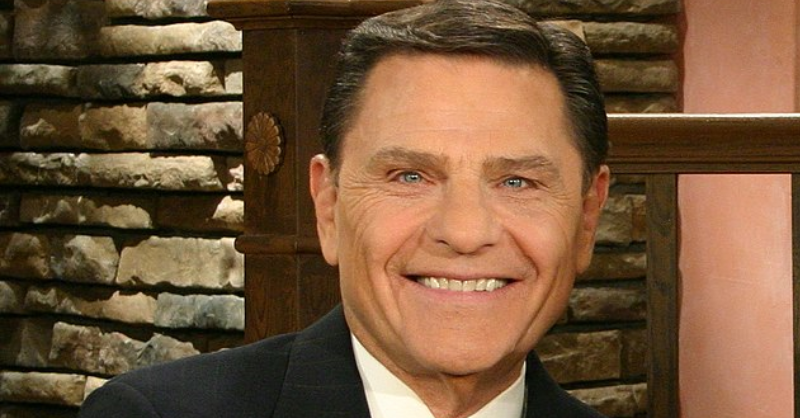Kenneth Copeland, a well-known televangelist, is widely recognized as America’s wealthiest pastor, with an estimated net worth of $760 million. His lavish lifestyle, particularly his ownership of a $7 million mansion, has sparked considerable controversy.
Situated in a prestigious lakefront community near Fort Worth, Texas, Copeland’s 18,000-square-foot estate boasts six bedrooms, six bathrooms, a tennis court, two garages, and a covered boat dock. Officially owned by his Eagle Mountain International Church, this property has become a focal point in debates over tax exemptions and the interplay between faith and wealth.
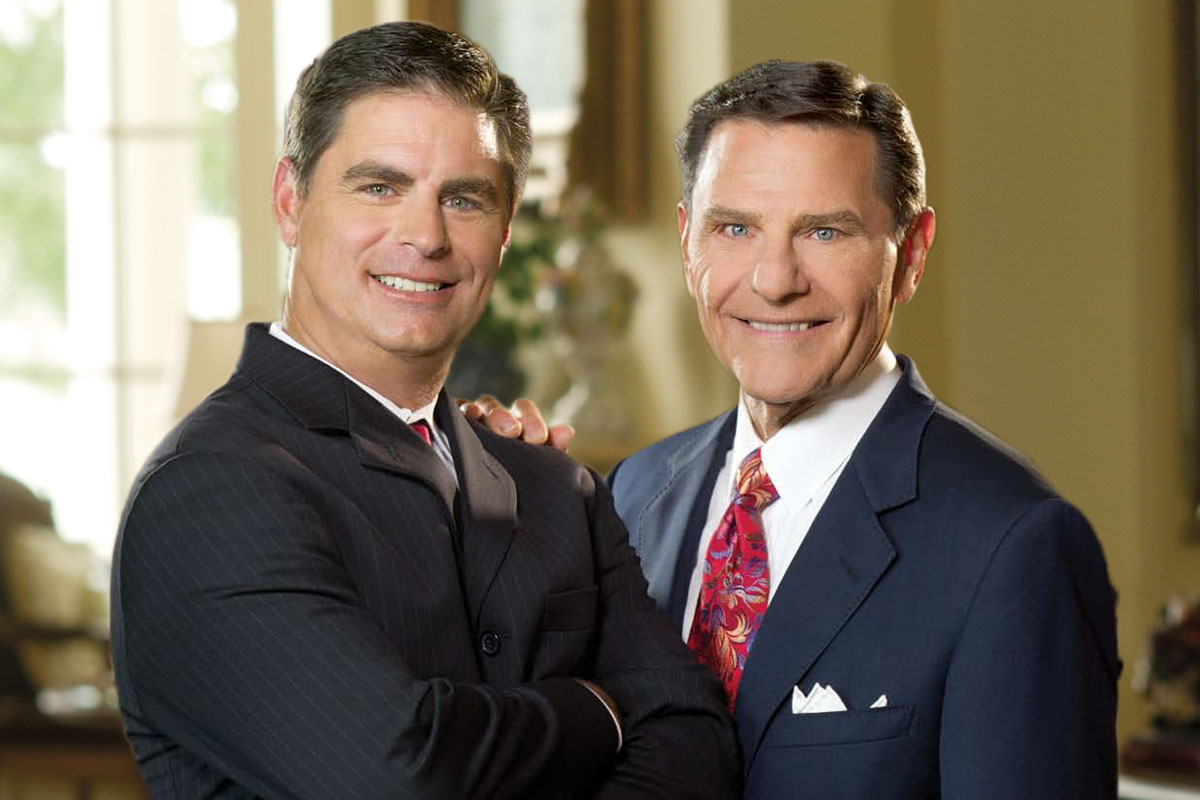
A Luxury Home with Minimal Taxes
Copeland’s mansion sits on one acre, surrounded by 24 acres of scenic lakefront land. Despite its market value being in the millions, it was appraised at a substantially lower value of $1,250,000. This undervaluation leads to annual property taxes of less than $3,000—dramatically lower than the roughly $150,000 that would be owed if the property were appraised at its actual market value.
The reduced appraisal stemmed from a dispute resolution with the Tarrant Appraisal District. Real estate experts assert that the waterfront property could command much higher prices in an open market. By classifying the mansion as a “clergy residence,” it qualifies for a full tax exemption. This designation allows religious organizations to receive significant tax benefits, particularly when properties are tied to religious or clerical purposes.
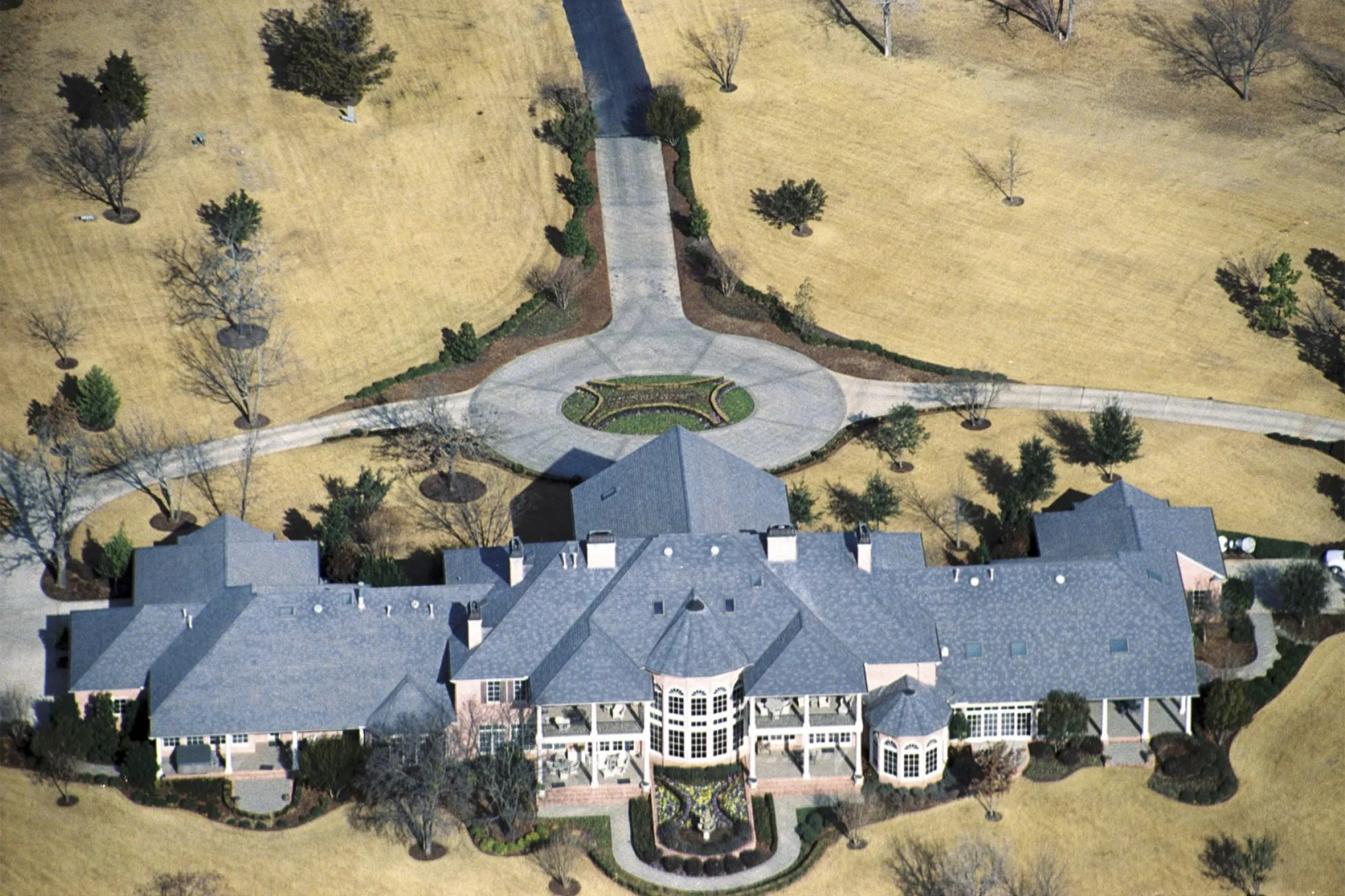
Copeland’s Defense of His Opulence
Kenneth Copeland has steadfastly defended his extravagant home and lifestyle. During a 2015 speech at the Southwest Believers’ Convention in Fort Worth, he claimed that building the estate was a directive from God, describing it as a testament to his prosperity and a gift for his wife, Gloria. Completed in 1999, the property includes features such as a grand spiral staircase, a bridge spanning the living room, crystal chandeliers, castle-like doors, and a bedroom equipped with a ceiling projector.
“You may think that house is too big. You may think it’s too grand. I don’t care what you think. I heard from heaven. Glory to God, hallelujah!” Copeland declared, emphasizing his belief that his wealth and lifestyle were divinely inspired.
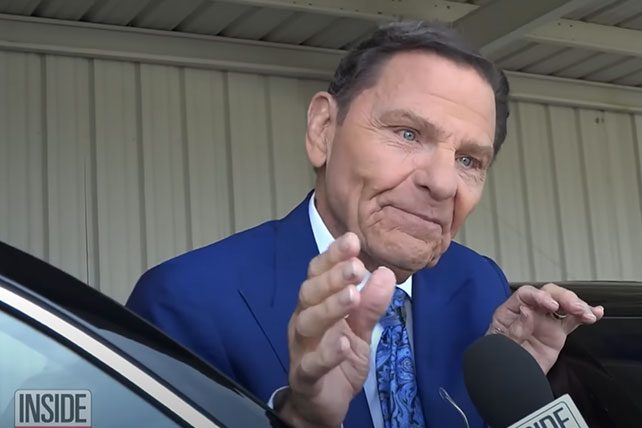
Controversies Surrounding Copeland
Copeland’s teachings focus on the prosperity gospel—the notion that financial success signifies divine favor. This doctrine, alongside his preference for private jets over commercial flights to support his ministry, has drawn criticism. In a 2019 interview, Copeland stated, “It takes a lot of money to do what we do. We have brought over 122 million people to the Lord Jesus Christ.”
Critics argue that Copeland’s tax exemptions undermine the spirit of tax laws. Pete Evans, president of the Trinity Foundation, remarked, “The law was never intended to give breaks to millionaires and multimillionaires. You make a mockery of the law itself.” Such criticisms highlight broader concerns about wealthy religious leaders leveraging tax exemptions for personal benefit.
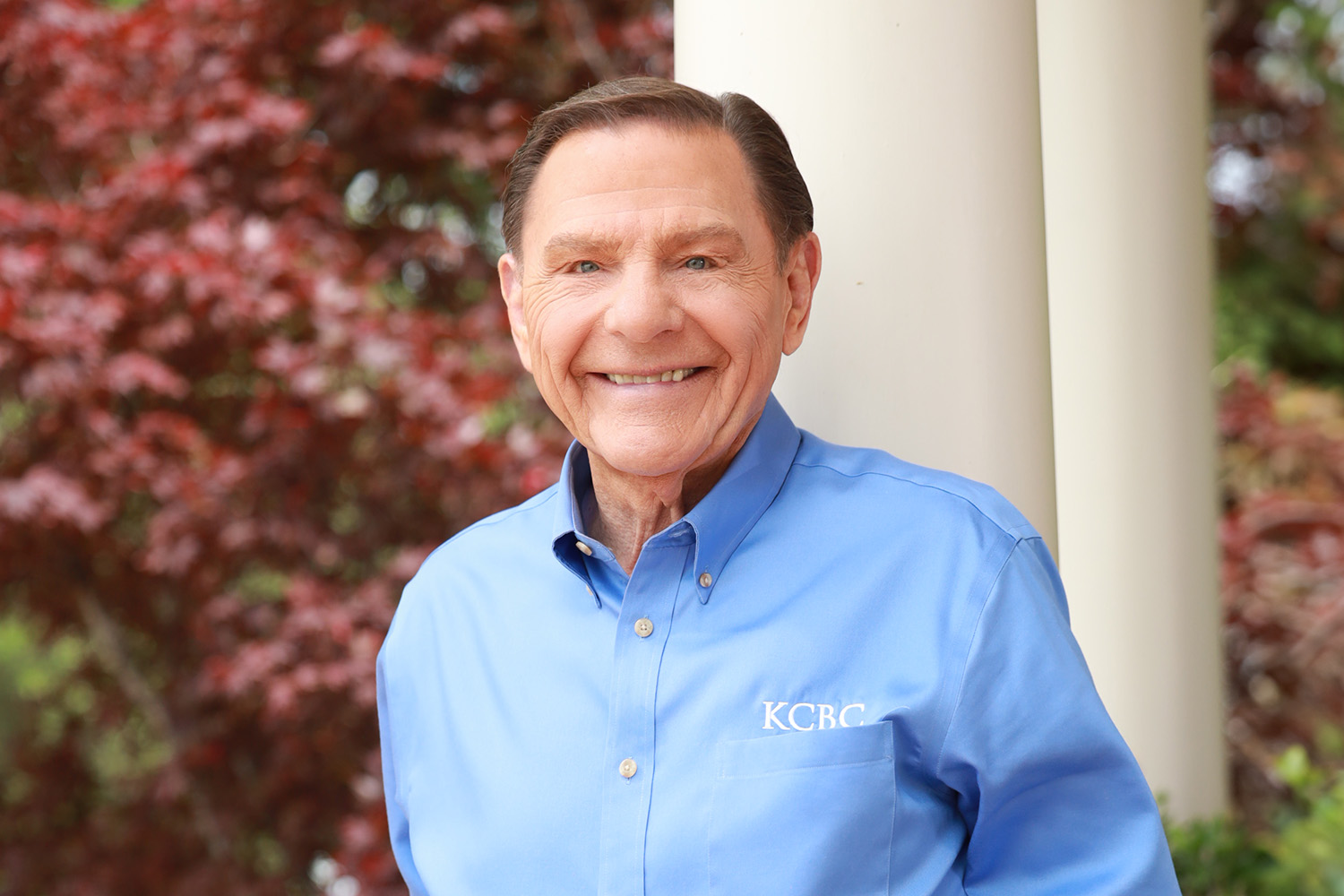
The Broader Context: Faith, Wealth, and Tax Exemptions
Copeland’s case exemplifies the contentious relationship between religious faith, personal wealth, and tax exemptions afforded to religious organizations. As the wealthiest pastor in the U.S., Copeland benefits from substantial financial advantages, including living in a $7 million mansion while paying minimal property taxes. By designating the estate as a clergy residence, he secures a complete tax exemption, significantly reducing his annual tax burden.
While Copeland justifies his lifestyle as divinely ordained and necessary for his ministry, critics contend that such privileges misuse tax laws meant to support modest clergy housing. His promotion of the prosperity gospel further fuels debates about the ethical implications of his wealth.

Key Issues and Questions
Copeland’s story raises critical questions about tax exemptions for religious properties and whether they should extend to multimillionaire pastors. Watchdog organizations argue that such exemptions facilitate personal wealth accumulation at the expense of public revenue. This case underscores the need to reconcile religious freedoms with financial accountability.
Key questions include:
- Are Tax Exemptions Being Abused?
Should exemptions for religious properties be restricted to modest residences, preventing their use for extravagant personal estates? - Transparency and Accountability:
Should religious organizations be required to disclose detailed financial practices to ensure exemptions are not exploited? - Balancing Faith and Wealth:
How can religious leaders align the prosperity gospel with ethical financial practices, ensuring their wealth supports spiritual missions rather than overshadowing them?
Community and Legal Responses
The controversy surrounding Kenneth Copeland’s mansion has prompted discussions among community members, legal experts, and religious organizations. Some advocate for stricter regulations on religious tax exemptions to promote fairness and accountability. Others defend Copeland’s right to allocate his resources as he chooses, arguing that his contributions to his ministry justify his financial status.
Legal experts note that as long as religious organizations adhere to tax laws, their property valuations and exemptions are lawful. However, ongoing debates call for updates to these laws to address situations where wealth accumulation seems to contravene the spirit of such exemptions.
The Role of Watchdog Organizations
Organizations like the Trinity Foundation play a vital role in scrutinizing the financial practices of wealthy religious leaders. By investigating potential abuses of tax exemptions, these groups aim to ensure transparency and fairness within religious institutions. Their efforts emphasize the importance of oversight in preventing the exploitation of religious freedoms for personal gain.
Public Perception and Media Coverage
Media scrutiny of Kenneth Copeland’s wealth and tax practices has significantly shaped public opinion. Reports highlighting his opulence and minimal tax contributions have fueled criticism. While some see Copeland as a successful religious leader who uses his wealth to further his ministry, others view him as an example of how religious tax exemptions can be misused to support extravagant lifestyles.
Accurate and balanced reporting is essential to foster informed discussions about Copeland’s financial practices and the broader implications for religious tax exemptions.
Potential Reforms
Kenneth Copeland’s case may inspire policymakers to consider reforms, such as:
- Revising Appraisals: Implementing stricter criteria to prevent undervaluation of high-value religious properties.
- Setting Limits on Exemptions: Establishing guidelines to ensure tax exemptions apply only to modest residences.
- Enhancing Transparency: Requiring detailed financial disclosures from religious organizations.
- Monitoring and Enforcement: Strengthening oversight to prevent misuse of exemptions.
Conclusion
Kenneth Copeland’s lifestyle underscores the complex relationship between faith, wealth, and taxation. His $7 million mansion and minimal tax burden highlight concerns about the application of tax exemptions to religious organizations. This case prompts critical discussions about balancing religious freedoms with ethical financial practices and accountability.
As debates over tax reforms and transparency in religious institutions continue, Copeland’s example serves as a lens for examining broader issues of wealth, faith, and social responsibility. Balancing the prosperity gospel with fair financial practices remains an ongoing challenge, calling for dialogue and potential legislative action to address these intricate issues.




